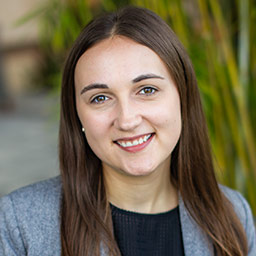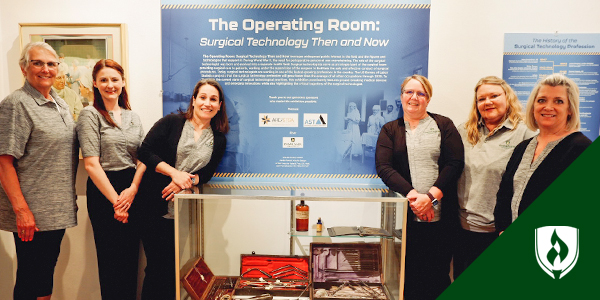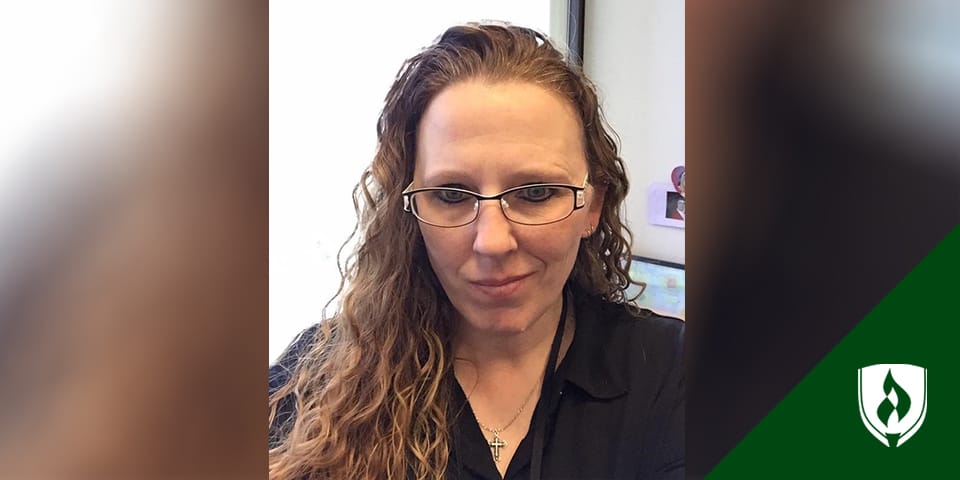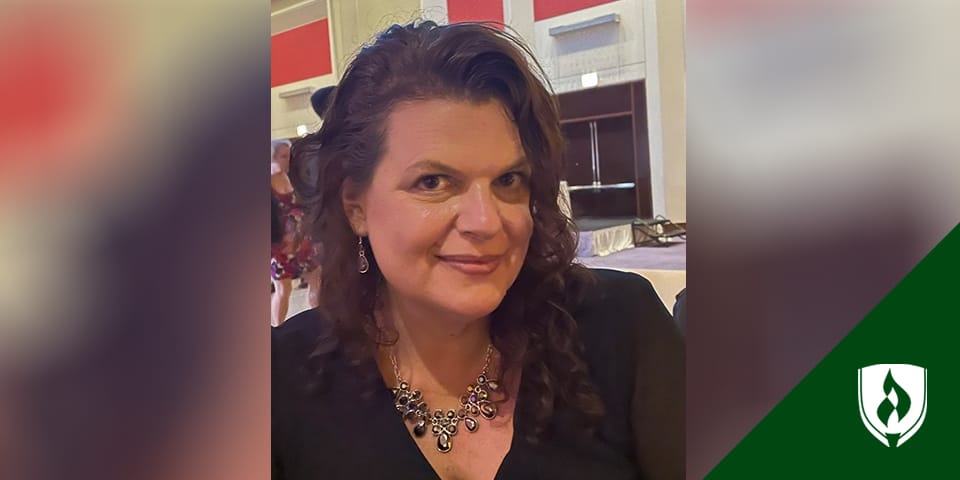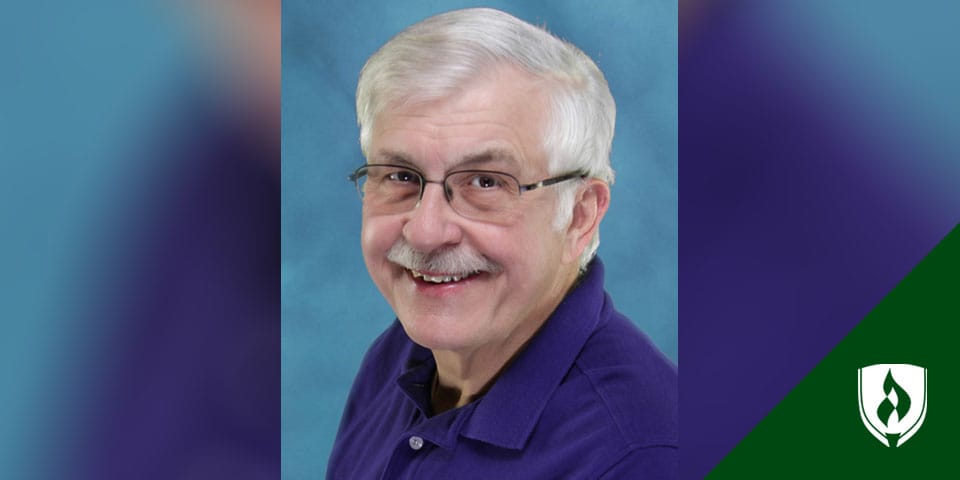Rasmussen College Celebrates Diverse Families During 2017 Week of the Young Child [VIDEO]
By Hannah Burn on 04/24/2017
Rasmussen College Celebrates Diverse Families During Week of the Young Child (WOYC)
It is often said, “The early childhood years are a critical period in human development.” It is during these years that a child’s brain is extremely flexible to taking in and learning new information. It’s also often during this time children are especially influenced by those around them, especially by their parents, friends and early childcare providers. Since 1971, the National Association for the Education of Young Children (NAEYC) has sponsored Week of the Young Child (WOYC). The week, celebrated April 24 through April 28 this year, recognizes the critical nature of the early childhood years, birth through age eight, as well as the needs of our country’s young children, their families and those who teach them.
Rasmussen College recognizes even the littlest of learners are valuable. Every year, to honor WOYC, Rasmussen College chooses a theme, hosts events on campus and in the community, leads a webinar and chooses a children’s book to feature.
Today, classrooms are becoming as diverse as the world around us. Diverse with not only students of different races, genders and religions, but also different ideas, beliefs and dreams. Early childhood educators have a responsibility to teach and talk about diversity from all angles. From the prevalence and importance of this topic, Rasmussen College derived this year’s WOYC theme, Celebrating Our Youngest Learners: Honoring Diverse Families, and its featured book, A Chair For My Mother by Vera Williams. The book presents the story of Rosa, her mother and her grandmother who all lost their home and possessions to a fire. Together, they save money to buy a comfortable chair to enjoy together.
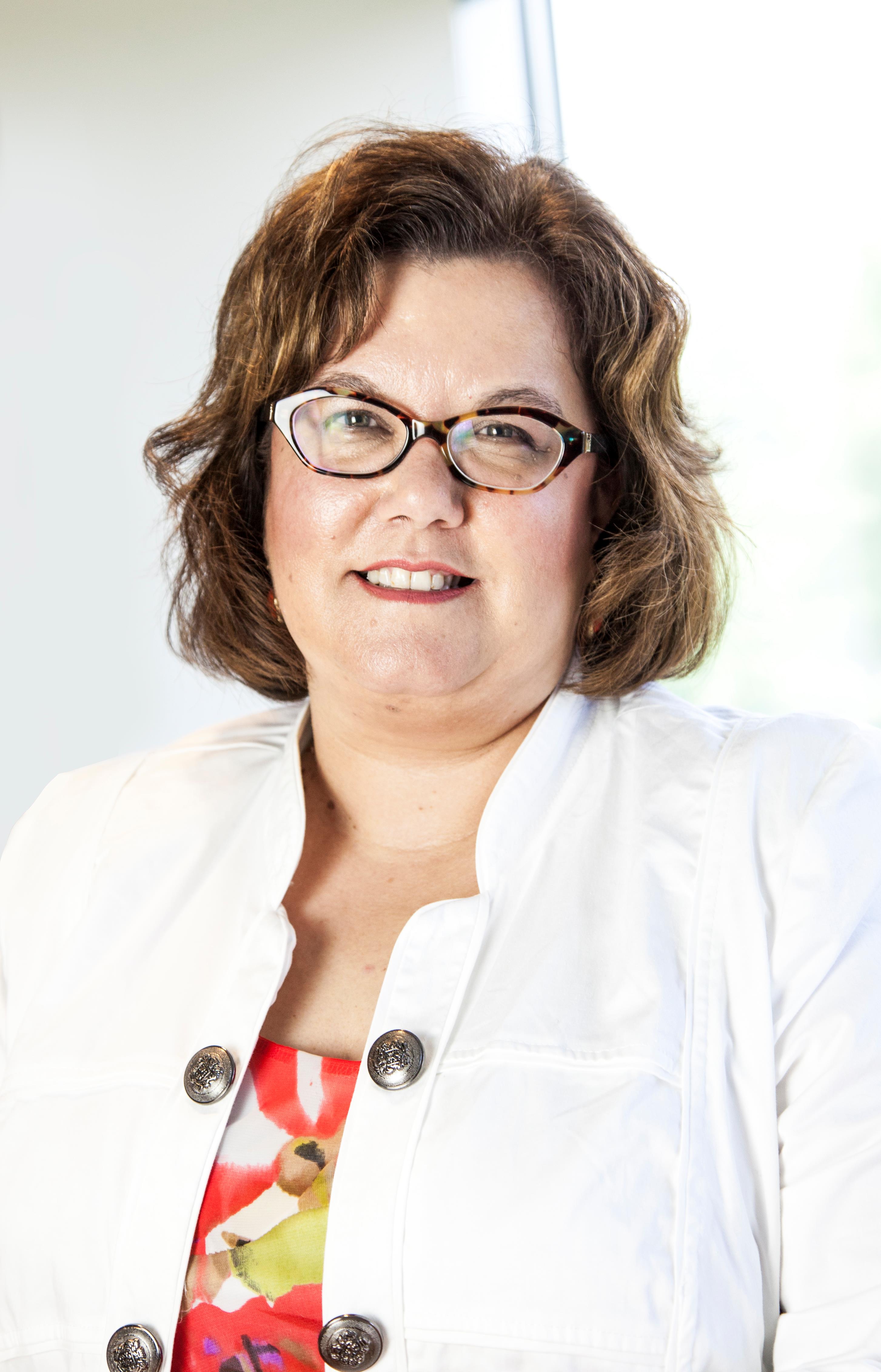
This year’s theme and featured book sparked Rasmussen College Early Childhood Education (ECE) department chair Mary Muhs’ interest in the topic of diversity in the classroom and anti-bias education. When originally looking for a book to select this year, Muhs came across many excellent options that talk about different types of families. It made her wonder whether these books are actively used in classroom curriculum or are just sitting on bookshelves. She contemplated whether teachers were unsure of some of the topics these books bring up, such as same-sex couples, adoptions and single-parent households. While many teachers know the importance of addressing these topics and other forms of diversity in the classroom, perhaps it is fear of the potential questions from students that make teachers uneasy.
Muhs decided it would be important to talk about these questions and topics in an upcoming webinar for WOYC, “Anti-bias Education—Celebrating ALL Families in Our Care.” Muhs’ belief that all children should feel valued and included every day is the cornerstone for the webinar. “It is crucial for ECE providers to be willing to venture out of their comfort zones in order to make a difference and support their students from all diverse backgrounds,” said Muhs.
The webinar will dive into anti-biased education from a theoretical and practical approach. It will be a forum to ask questions and start conversations. The webinar will also provide takeaways for ECE professionals to bring into the classroom.
Now is the opportune time to help parents and ECE professionals think about what is being reflected onto children and help to educate them on the diverse world around them.
Children often think the world is comprised of what they see immediately in front of them. From a young age, it is important that children are made aware that the world is bigger than just their little house, their classroom and their community. Being exposed to and talking about diversity from a young age is crucial in today’s global society. According to Muhs, the goal of anti-biased education is to “help children see who there are in this wide world, build self-confidence, validate their experiences and make their differences a positive.”
“Differences are what make you special and unique, they are not something that needs to be feared,” says Muhs. Oftentimes it is fear of the unknown that creates conflicts. Muhs says, “It is important children recognize unfairness and know how to stand up to it. These things are learned with practice so it is important to start that practice young with developmentally appropriate exercises and lessons.”
The Rasmussen College Early Childhood Education faculty, staff and students are extremely passionate about our country’s youngest learners. Muhs says her passion for ECE and anti-bias education, in general, comes from children’s innocence. She says, “Young children don’t see differences; the commonalities are what is important to them. In fact, we might all get along a little better if we could all think a little more like kids.”
Muhs says, as an ECE provider, you are preparing children for decisions they will be forced to make later on. It is crucial that they are given the tools and background information they need early on so they can thrive as they grow and encounter new people in this wide world.
“As an ECE provider, teacher or parent, it is important to learn about our own biases and work to support a global view for our children,” says Muhs.
For more information on what the Rasmussen College campus nearest you is doing to celebrate Week of the Young Child, visit the Rasmussen College WOYC guide.
To register for the Rasmussen College free WOYC webinar, “Anti-Bias Education—Celebrating ALL Families in Our Care” taking place on Thursday, April 27, 2017, from 7:00 p.m.–9:00 p.m. CST click here.
Rasmussen College is not a partner of NAEYC and our programs are not sponsored or endorsed by NAEYC.
